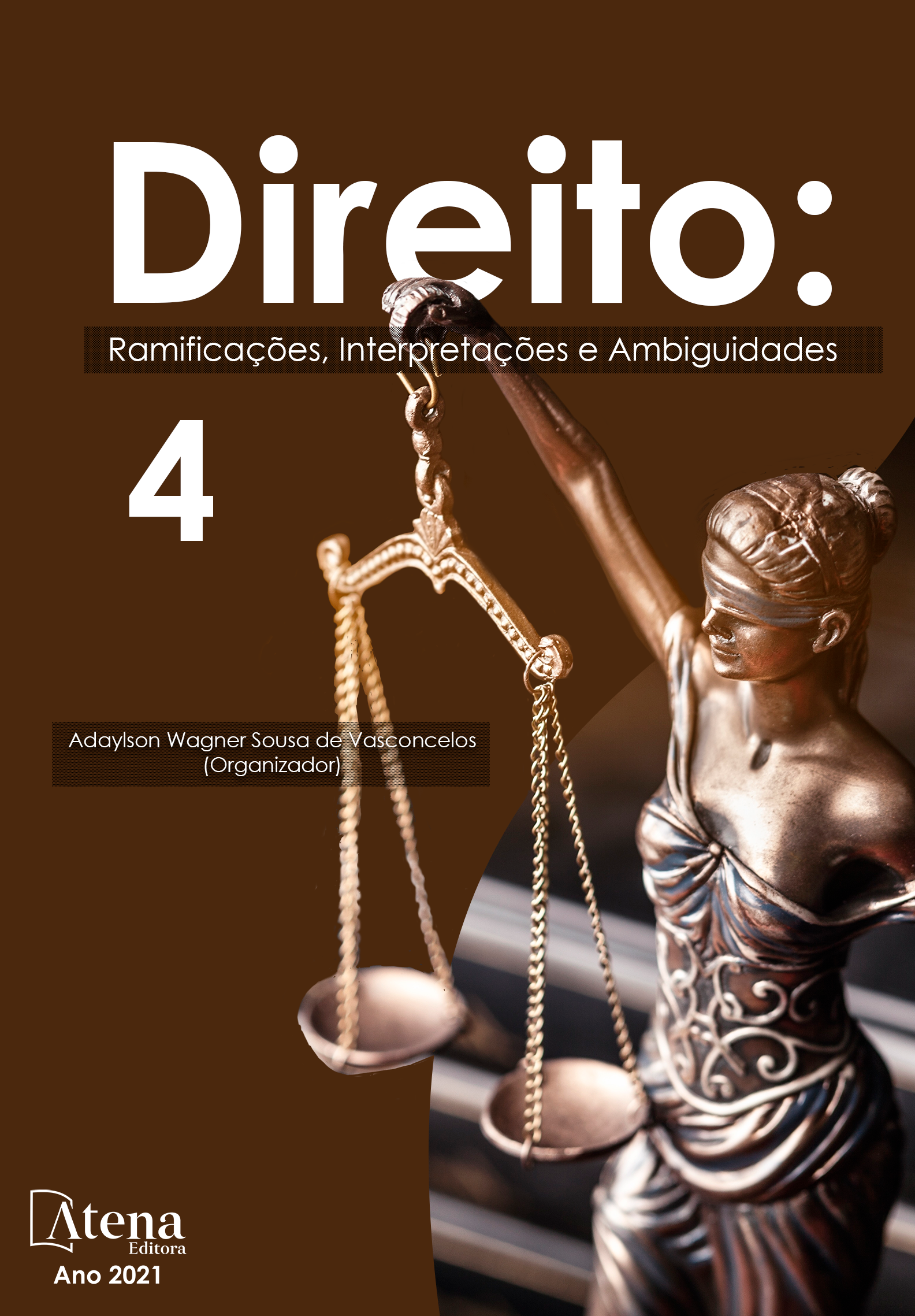
A ADOÇÃO DE PROGRAMAS DE COMPLIANCE COMO BARREIRA PARA A LAVAGEM DE DINHEIRO E DOS ATOS DE CORRUPÇÃO
Desde muito se tem notícia dos atos criminosos inerentes à lavagem de dinheiro e sua relação direta com o crime organizado, principalmente no que tange ao problema da corrupção em si. No passado recente, através de ações especificas e coordenadas pelos mais diversos órgãos de repressão, tivemos medidas que lograram êxito no combate a estas práticas criminosas. Com destaque para a ‘operação mãos limpas’, na década de 1990 na Itália e para a ‘Operação Lava Jato’, com seus deslindes ainda em curso no Brasil. Também não há como esquecer dos ‘Panamá Papers’ com relevante número de personalidades, políticos e chefes de estado envolvidos e que, segundo o relatório da ONU – Organização das Nações Unidas -, possui relação direta com o narcotráfico e a lavagem de dinheiro, ainda com potencial para desdobramentos mais sérios. Diante deste panorama recente na história da humanidade, torna-se relevante a observância de formas de barrar os atos de corrupção praticados pelas mais diversas organizações criminosas, as quais, em sua maioria, envolvem a participação de agentes do estado, quando não do próprio primeiro escalão do governo, o qual possui a responsabilidade da gestão do patrimônio público e de sua aplicação no âmbito social. Estes acabam por corromper, ou são corrompidos pela iniciativa privada, com o objetivo direto de auferir vantagem econômica indevida, acobertada pela lavagem de capitais, em detrimento do bem-estar de toda a coletividade. O presente artigo tem como objetivo principal a análise da adoção do Compliance como método de barreira de referidos atos ímprobos e ilegais que acarretam significativo impacto econômico financeiro em setores estratégicos da sociedade, os quais acabam por sofrer com o custo da corrupção, seja através de desvios diretos ou indiretos, que acabam por gerar a escassez de investimentos internos e externos conduzidos pela falta de transparência na gestão e na credibilidade nos processos corporativos. Analisará, ainda, as medidas de Compliance que vem sendo adotadas nos últimos anos na Europa e Américas visando coibir ao máximo referidas práticas, as quais dificultam o crescimento econômico e a ampliação e efetivação dos direitos sociais. O presente trabalho visa precipuamente analisar esta mudança de paradigma, colhendo informações por meio de acesso a bancos de dados e pesquisa bibliográfica, bem como consulta à legislação pertinente.
A ADOÇÃO DE PROGRAMAS DE COMPLIANCE COMO BARREIRA PARA A LAVAGEM DE DINHEIRO E DOS ATOS DE CORRUPÇÃO
-
DOI: 10.22533/at.ed.8302108034
-
Palavras-chave: COMPLIANCE – LAVAGEM DE DINHEIRO – CRIME ORGANIZADO –ORGANIZAÇÕES CRIMINOSAS – MÉTODO DE PREVENÇÃO.
-
Keywords: COMPLIANCE – MONEY LAUNDERING – ORGANIZED CRIME – CRIMINAL ORGANIZATIONS – PREVENTION METHOD
-
Abstract:
There has long been news of the criminal acts inherent in money laundering and its direct relationship with organized crime, especially with regard to the problem of corruption itself. In the recent past, through specific actions and coordinated by the most diverse law enforcement agencies, measures have been successful in combating these criminal practices. Highlighting the ‘clean hands operation’ in the 1990s in Italy and ‘Operation Lava Jato’, with its leisure activities still underway in Brazil. There is also no way to forget about the 'Panama Papers' with a relevant number of personalities, politicians and heads of state affected and who, according to the UN report - United Nations -, has a direct relationship with drug trafficking and money laundering, still with the potential for more serious developments. In view of the recent panorama in the history of humanity, it is relevant to observe ways to stop the acts of corruption practiced by the most diverse criminal associations, as most of which involve the participation of state agents, if not the first. level of government, which is responsible for the management of public assets and their application in the social sphere. These end up corrupting, or are obtained by private initiative, with the direct objective of obtaining an undue economic advantage, covered by money laundering, to the detriment of the well-being of the entire community. The main objective of this article is to analyze compliance approval as a barrier method for declared and illegal acts that have a significant economic and financial impact on strategic sectors of society, which end up suffering from the cost of corruption, either through direct deviations. or indirect, which end up generating the scarcity of internal and external investments driven by the lack of transparency in management and credibility in corporate processes. It will also analyze the Compliance measures that have been adopted in the last few years in Europe and the Americas to limit the maximum practical expressions, such as those that hinder economic growth and the expansion and enforcement of social rights. The present work mainly seeks to analyze this paradigm shift, gathering information through access to databases and bibliographic research, as well as consulting the relevant legislation
-
Número de páginas: 15
- Fernanda Ulysséa Pereira
- Leandro Villela Cezimbra
- Fabrizio Bon Vecchio


